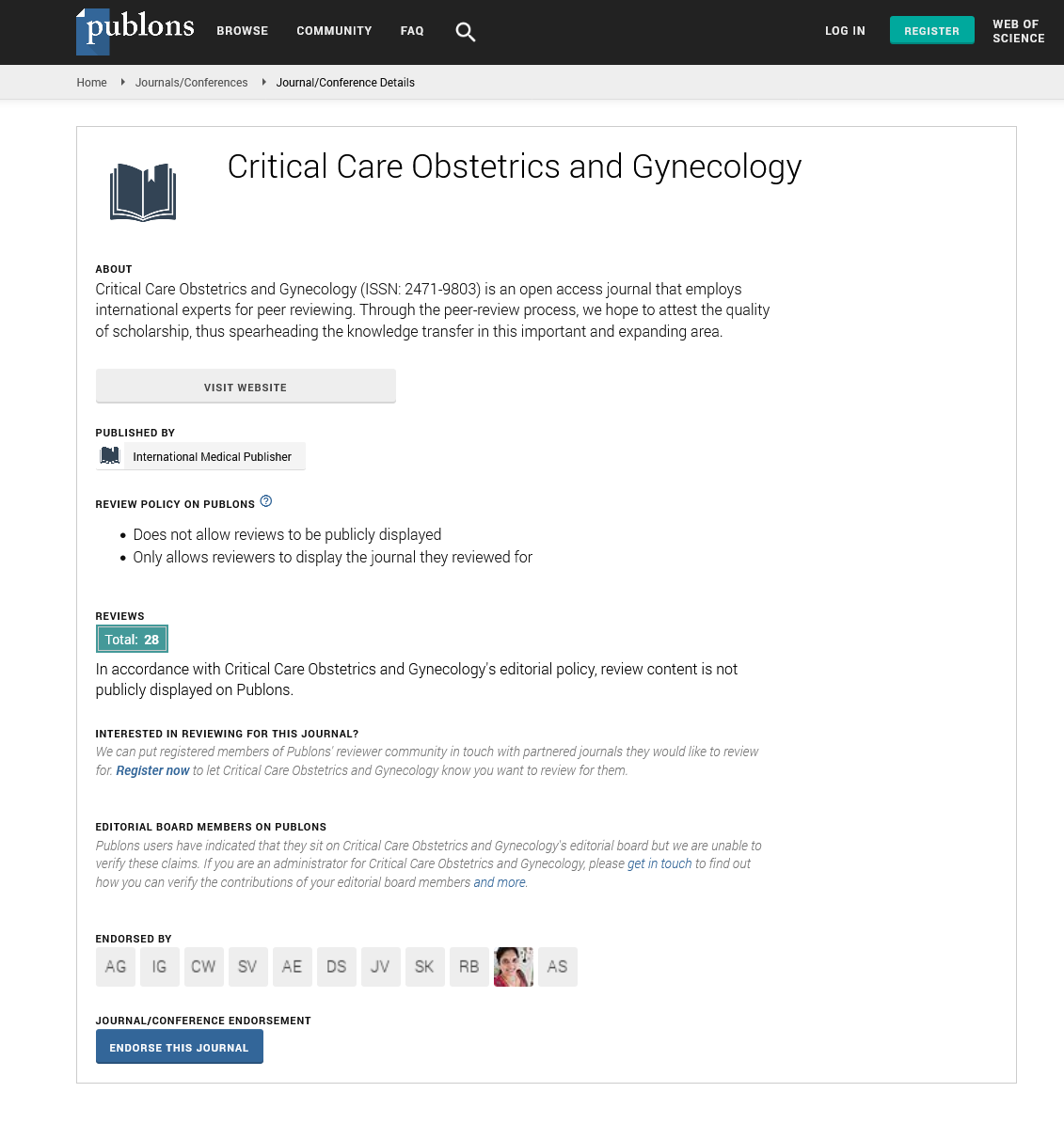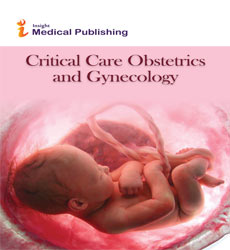Abstract
Hyperemesis Gravidarum, Diagnosis, and Pathogenesis
Nausea and vomiting are common in pregnancy and the condition may be mild or severe disabling disease. The severe form is known as Hyperemesis Gravidarum (HG) which is characterized by dehydration, electrolyte and metabolic imbalances, and nutritional deficiencies that may cause hospital admission. The severity of Nausea and Vomiting in Pregnancy (NVP) may be assessed by Pregnancy Unique Qualification of Emesis (PUQE) which showed a relatively accurate evaluation of the patient’s lifestyle including sleeping hours. Focused history and examination are needed to exclude differential diagnosis because the diagnosis of this condition is mainly determined clinically. Moreover, lab investigations are useful tools to assess complications as electrolyte or metabolic imbalances and renal affection. Besides, they help in determine etiologies in refractory cases. Many theories have been hypothesized to contribute to understanding the pathogenesis of HG. They have been postulated based on associations which are either causal, sequential or coincidental. Many efforts are needed to accurately establish these relationships in terms of well-designed studies of adequate sample size. The hormonal theory is one of the main theories involved in the pathogenesis of the disease specifically human Chorionic Gonadotropin (hCG), estrogen, progesterone, and serotonin. Psychological theory has conflicting evidencebased studies. Therefore, more studies are needed to decide whether psychological problems cause HG or this is a coincidental or sequential relationship. The immunological theory is newly defined and supported by high levels of cellfree fetal DNA and cytokines.
Author(s):
Abanoub Gabra*, Hanaa Habib and Mariam Gabra
Abstract | Full-Text | PDF
Share this

Google scholar citation report
Citations : 148
Critical Care Obstetrics and Gynecology received 148 citations as per google scholar report
Critical Care Obstetrics and Gynecology peer review process verified at publons
Abstracted/Indexed in
- Google Scholar
- China National Knowledge Infrastructure (CNKI)
- WorldCat
- Publons
- Geneva Foundation for Medical Education and Research
- Secret Search Engine Labs
Open Access Journals
- Aquaculture & Veterinary Science
- Chemistry & Chemical Sciences
- Clinical Sciences
- Engineering
- General Science
- Genetics & Molecular Biology
- Health Care & Nursing
- Immunology & Microbiology
- Materials Science
- Mathematics & Physics
- Medical Sciences
- Neurology & Psychiatry
- Oncology & Cancer Science
- Pharmaceutical Sciences


